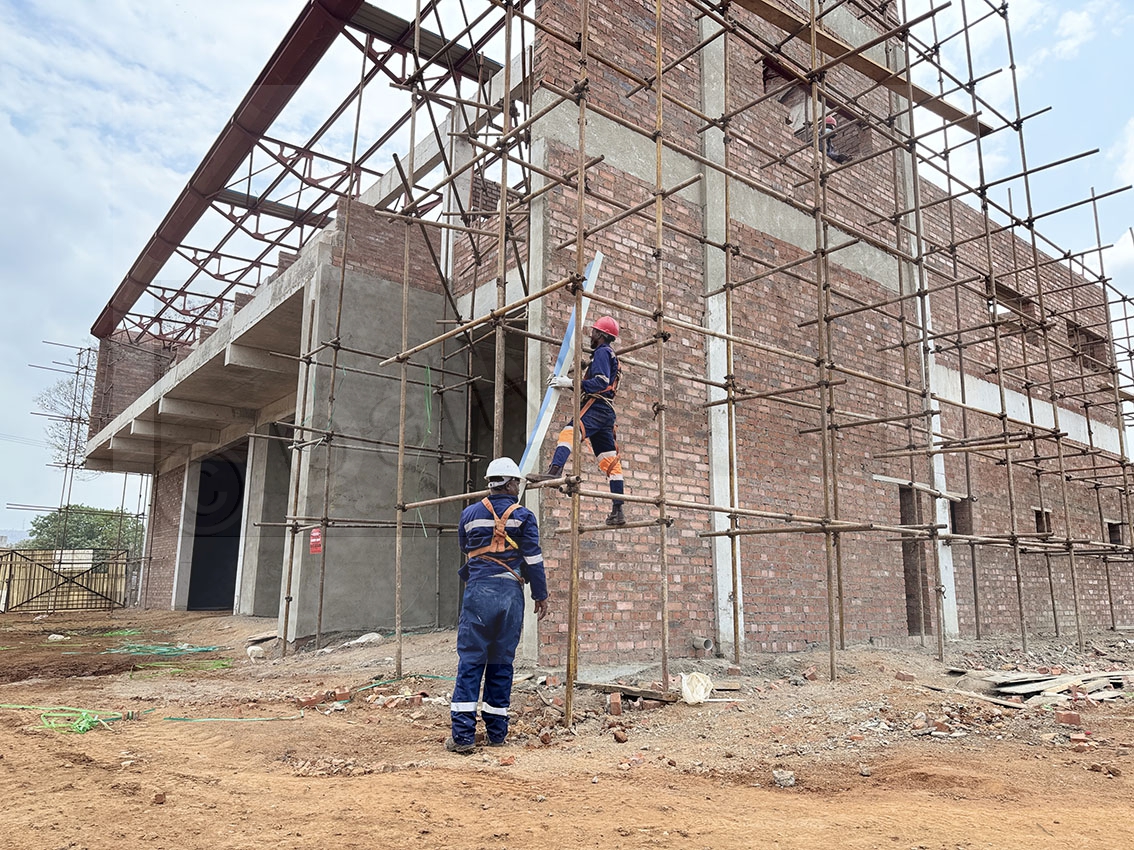BALA talks informal sector growth
28 Sep 2022
Local authorities have been asked to come up with plans that could enable micro enterprises to become more resilient.
Selebi Phikwe Town Council mayor, Mr Lucas Madimana, said the provision of infrastructure and clustering of informal traders would help in setting up the informal sector as a comparative advantage in the local economic development.
Mr Modimana was making a submission at the just ended Botswana Association of Local Authorities (BALA) conference in Maun.
He said it could be a myth if some things were not done right, adding that in Selebi Phikwe, they had done a lot in facilitating both administrative and infrastructure issues to ensure small businesses operated thriving projects.
Mayor Modimana explained that they worked with BALA, Local Enterprise Authority (LEA) and Citizen Entrepreneurship Development Agency (CEDA) to generate innovations to build resilience considering the importance of the informal sector.
CEDA, he said, had provided financial and technical support for business development with a view to promote sustainable citizen owned enterprise, adding the uptake of CEDA initiatives was high amongst entrepreneurs.
Mr Modimana also noted that they had economically clustered informal traders and ensured that they operated in a good business environment.
“I believe that if local authorities can do it right, it can be a reality but if a district like North West District which is known as a tourism hub has informal sector that provides activities unrelated to tourism, then something is wrong because the tourism economic system will not be existing in the district,” he added.
Francistown city clerk, Mr Lopang Pule, said to harness the potential of the informal sector, they needed to coordinate, licence and train them within their corridors so that they could derive the maximum profits.
Mr Pule also stated that they needed to infuse the informal sector in the mainstream of their operations so that they could easily access markets and achieve a positive growth.
BALA president, Ms Florah Mpetsane said achieving informal sector as a comparative advantage in the local economic development was a reality only if it could be fully supported.
The sector, she said was instrumental in stimulating the economy and called on local authorities to recognise the sector and create a conducive environment for them.
Securing a formal employment, she said was not easy but appreciated that many people resorted to the sector to make ends meet and fend for their families with the little they generated.
Ms Mpetsane also acknowledged that the informal sector was a vehicle they could use as councils to eradicate poverty and ensure food security, provided they assist them with management and entrepreneurial skills, promotion of access to markets, financial management among others.
Sharing what they did in North East district when developing Local Economic Drive framework, she said they held roundtables to facilitate the informal sector, cluster them and listen to their concerns.
Some of the concerns they complained about, she said were licensing of some businesses, access to funding and urged local authorities to cluster villages to facilitate the informal sector.
Ms Mpetsane also called for the review of the bye-laws to ensure easy facilitation of the sector.
For his part, the Botswana Informal Sector Association executive secretary, Mr Tefo Metsing pleaded with local authorities to recognise them as partners in the economic development. He said they should come up with packages tailor-made to suit the sector, adding that the latest UNDP report, he said had indicated that the small businesses were increasing every year as graduates and retirees were joining the sector.ENDS
Source : BOPA
Author : Esther Mmolai
Location : MAUN
Event : BALA conference
Date : 28 Sep 2022





